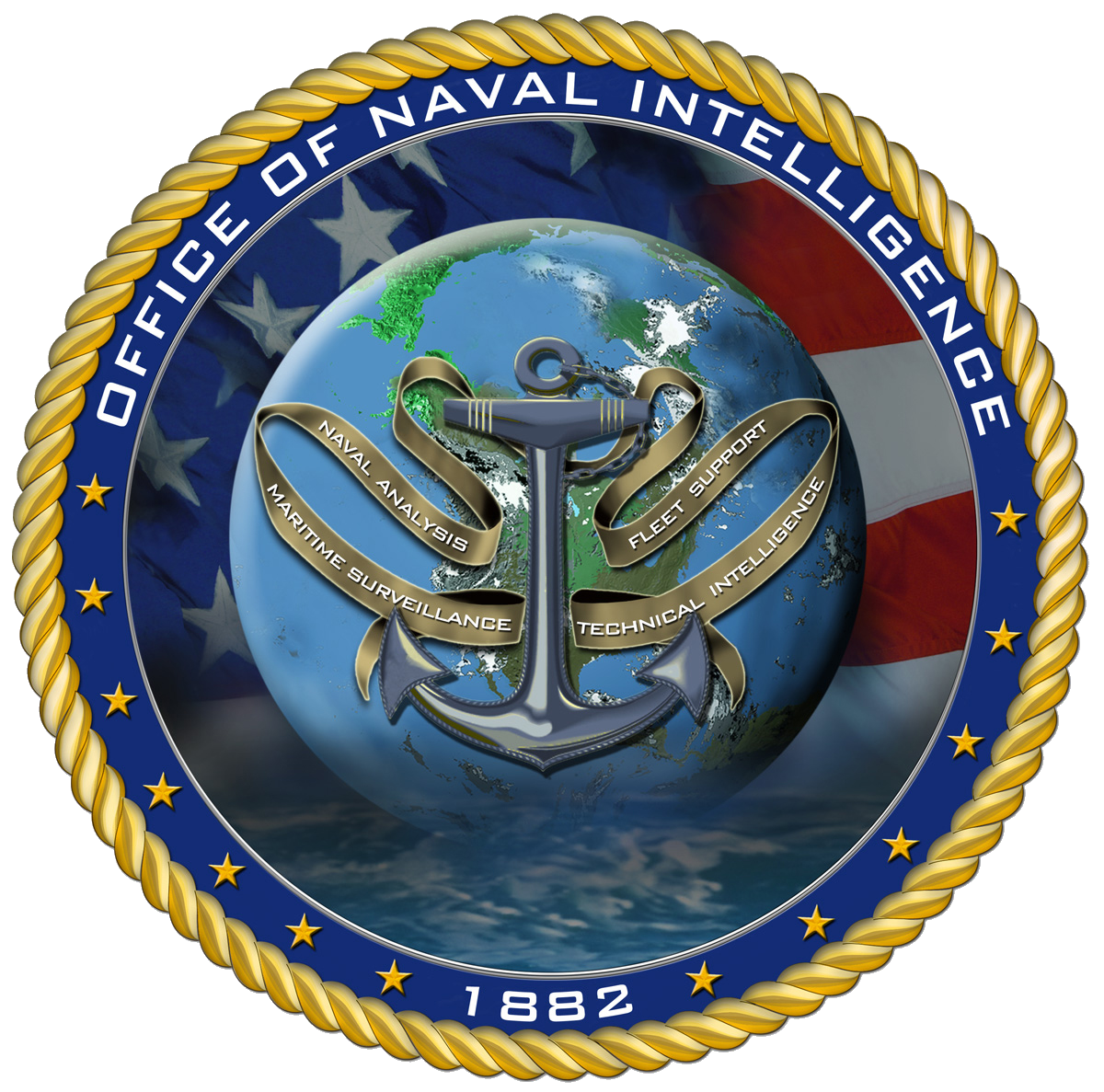 ONI Jurisdiction
ONI Jurisdiction
ONI’s jurisdiction spans the Navy, DOD, and other federal organizations that may require their services. Their operation as part of the Navy assumes their jurisdiction over certain spaces will be relatively similar. Admiralty jurisdiction allows ONI operatives to facilitate information gathering over the high seas and Navy vessels that sail it. If a vessel is at least partially owned by the United States, its jurisdiction may also be authorized and exercised similarly. Their operations with the DOD also make them a part of concurrent jurisdiction, where both authorities retain their legislative authorities together.
ONI monitors activities of foreign naval forces, maritime shipping, and other ocean-based operations that may threaten U.S. military or economic interests. The quick dissemination of this information to related agencies makes ONI such an important player in the Navy space. ONI also maintains a role in detecting and countering espionage, sabotage, or other activities against U.S. naval assets. This responsibility was first realized during the Second World War when Japan and the US Navy were constantly embroiled in a battle for securing covert information. Another task assigned to ONI is tracking and combating maritime terrorism and piracy, particularly in high-risk areas like the Persian Gulf, South China Sea, and off the coast of Africa. Piracy on the high seas is still a major concern, especially for military vessels that carry information, weapons, and priceless equipment. The most recent concern in the information sphere is cyberterrorism and its implications. With the increasing digitization of warfare, ONI also engages in cybersecurity operations to protect Navy networks and combat cyber threats at sea. The unique global stations of ONI make it one of the military's most powerful fighters against cyberterrorism and misinformation.

ONI runs specialized programs such as:
ONI connects with Navy systems commands, labs, and warfare centers, offering intelligence support throughout the lifecycle of naval systems, from design to deployment.
The intelligence agency employs imagery analysts to support intelligence units, offering tactical and national imagery analysis.
ONI monitors foreign weapons systems, countermeasures, and technology transfers to prevent technological surprises and delivers this information to key global stakeholders.
They also offer 24/7 global maritime monitoring, emphasizing vessel and cargo tracking for homeland security and defense. It also tracks high-interest maritime cargo and potential threats, supporting sanctions enforcement and monitoring weapons shipments.
The Naval Intelligence Office also oversees Sensitive Compartmented Information (SCI) programs and policies for Navy Special Security.
ONI provides intelligence to Naval Special Warfare and Navy Expeditionary Combat Command, focusing on irregular maritime threats.
